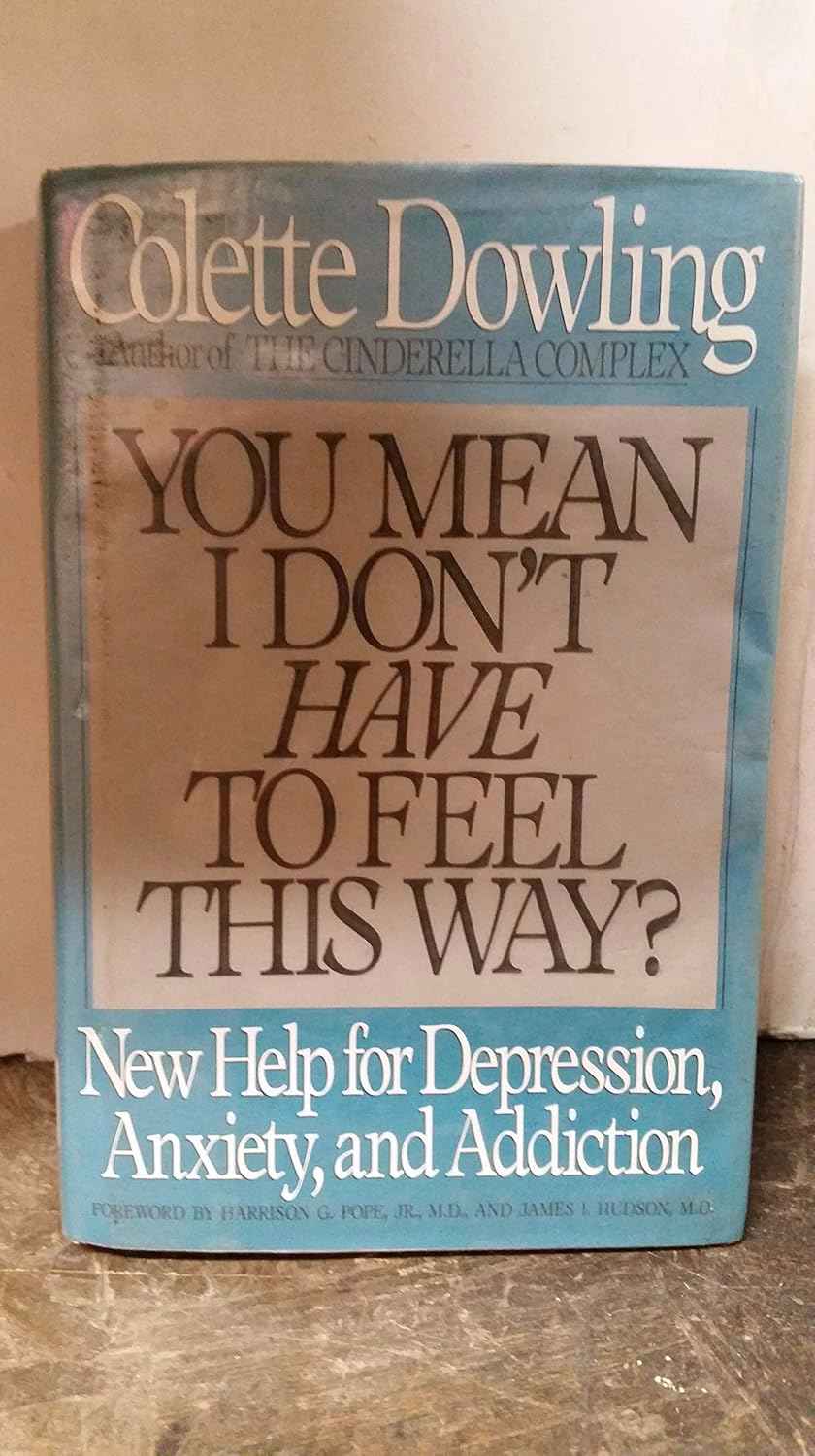
This book isn't just informative—it's transformative. As someone who's struggled with anxiety, reading it felt like the author was speaking directly to me, putting words to feelings I couldn't articulate. The way it normalizes mental health struggles while offering concrete solutions is revolutionary.
The real power lies in how it reframes depression and anxiety as medical conditions rather than personal failures. When I highlighted passages about chemical imbalances to my skeptical family member, it sparked the first productive conversation we'd ever had about mental health. That shift in perspective alone makes this worth reading.
While some terminology feels slightly dated (the book was originally published in the 90s), the core message holds up remarkably well. The addiction-depression connection section particularly opened my eyes—I never realized how many coping mechanisms we mistake for weaknesses.
What surprised me most was the emotional impact. Like other reviewers, I found myself crying within chapters, but they were cathartic tears. For the first time, I felt permission to seek help without shame. The case studies read like mirrors of my own experiences.
The book's greatest strength? It bridges the gap between medical information and human experience. You'll finish it armed with knowledge about treatment options, but more importantly, with hope that change is possible—something no medication pamphlet could ever convey so powerfully.

